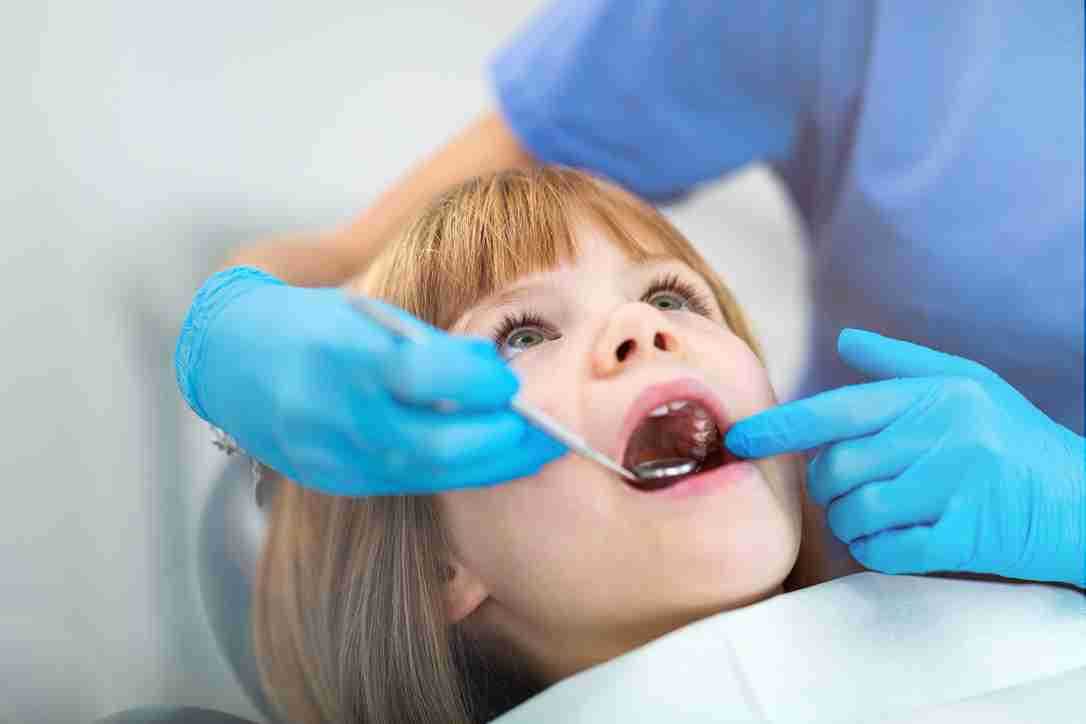A healthy smile is one of life’s simplest yet most powerful assets. Not only does it brighten your appearance and boost your confidence, but it also reflects your overall health more than you might realise. Maintaining good oral hygiene goes far beyond having white teeth—it’s about preventing gum disease, tooth decay, bad breath, and even reducing risks linked to heart disease and diabetes. Whether you're already brushing like a pro or need a little motivation to floss more often, this guide is packed with practical advice, clear steps, and even a few fun facts to keep things interesting.
What Makes Oral Hygiene So Essential
Let’s start with the basics: brushing and flossing help you avoid serious issues—and that unexpected visit to a dentist in Lisburn due to poor oral hygiene:
- Heart disease: Poor oral hygiene may allow bacteria to enter the bloodstream, potentially affecting heart health.
- Diabetes: Gum disease can interfere with blood sugar regulation, making it more difficult to manage diabetes and potentially worsening its symptoms.
- Respiratory infections: Inhaling harmful oral bacteria can lead to lung infections, especially in older or vulnerable individuals.
- Low self-esteem: Bad breath, stained teeth, or missing teeth can negatively affect confidence in social and professional settings.
- Difficulty eating and speaking: Tooth loss and gum issues can affect your ability to chew and speak clearly, making everyday activities like eating and communicating more challenging and uncomfortable.
How Often Should You Brush and Floss?
Brush your teeth twice daily for a minimum of two minutes, preferably using fluoride toothpaste. Don’t forget to floss or use interdental brushes every day to clean between your teeth.
Habit | Recommended Frequency |
Brushing | Twice daily |
Flossing/Interdental use | Daily |
Dental check-ups | Every 6–12 months |
Professional cleaning | Twice a year |
Top Tools for a Healthier Smile
- Toothbrush: Brushing your teeth twice a day is the most effective way to protect against plaque build-up. Electric toothbrushes are often more effective than manual ones, providing a more thorough clean with minimal effort.
- Fluoride Toothpaste: It’s not just about a fresh taste—fluoride toothpaste strengthens your enamel and offers essential protection against tooth decay. Aim for one that contains 1350–1500 ppm fluoride to get the best protection.
- Floss or Interdental Brushes: Your toothbrush can’t reach every nook and cranny. That’s where floss or interdental brushes come in—perfect for clearing plaque and food debris between your teeth. Daily use is a game changer.
- Mouthwash: Although it shouldn’t replace brushing or flossing, mouthwash can freshen your breath and help reduce harmful bacteria in your mouth. Just don’t use it immediately after brushing—you’ll rinse away the protective fluoride.
- Tongue Scraper: Often overlooked, this simple tool helps eliminate bacteria that cause bad breath. A gentle scrape once a day can leave your mouth feeling cleaner and fresher.
What to Eat (and Avoid) for a Healthier Smile
Foods That Help Your Teeth:
- Cheese and milk: Packed with calcium, these dairy products help reinforce tooth enamel and promote overall oral health.
- Leafy greens and crunchy vegetables– Encourage saliva production and gently clean teeth as you chew.
- Green tea– Contains natural fluoride and antioxidants that help reduce plaque and protect against decay.
- Water: Helps keep your mouth hydrated while naturally washing away food particles and bacteria.

Foods That Can Harm Your Teeth:
- Sugary snacks and fizzy drinks: Fuel the growth of harmful bacteria, increasing the risk of tooth decay and enamel erosion.
- Sticky sweets: Easily cling to teeth and are tough to remove, even with thorough brushing.
- Alcohol: Dries out the mouth by reducing saliva production, which can heighten the risk of cavities and gum disease.
- Acidic fruit juices: Gradually erode enamel, particularly when consumed often or slowly over time.
How Stress Affects Your Smile
Stress doesn’t only take a toll on your mind—it can impact your oral health too:
- Causes teeth grinding (bruxism)
- Weakens immune response (affecting gum health)
- Leads to poor oral care routines
Simple stress-relievers like breathing exercises, journaling, or even a short walk can work wonders for your head and your teeth.
Brushing Techniques That Actually Work
Here’s a brief guide to brushing your teeth the right way:
- Hold the brush at a 45-degree angle.
- Use small circular motions—don’t scrub back and forth.
- Focus on all surfaces: front, back, and chewing.
- Remember to clean your tongue and the roof of your mouth as well.
- Finish with floss or an interdental brush.
Spending those two minutes properly matters far more than brushing harder.
The Link Between Oral and General Health
Oral hygiene is about more than just teeth—it’s linked to overall health. A hygienist in Lisburn can help prevent gum disease, which is associated with heart issues and diabetes.
- Cardiovascular issues: Poor oral hygiene may contribute to heart disease by allowing harmful bacteria to enter the bloodstream and cause inflammation.
- Diabetes complications
Gum disease can interfere with blood sugar control, potentially making diabetes harder to manage and increasing the likelihood of further health issues. - Low birth weight in newborns
Gum infections during pregnancy may increase the risk of premature birth and low birth weight, affecting the baby's early development.
Caring for your oral health plays a vital role in maintaining your overall wellbeing.
Common Oral Hygiene Mistakes to Avoid
Even the best intentions can go sideways. Here’s what to steer clear of:
- Brushing too aggressively – Can wear away enamel and contribute to gum irritation or even recession.
- Using the same brush for too long – Bristles become worn and ineffective at cleaning teeth properly.
- Skipping flossing – Leaves plaque and food debris between teeth, increasing the risk of decay and gum disease.
- Overusing whitening products- This may cause tooth sensitivity and damage the protective enamel layer.
- Avoiding dentist visits – Dental issues can go unnoticed and worsen over time without professional check-ups.
Final Thoughts
A straighter smile isn’t just about appearances—it plays a big role in your overall oral health and confidence. Misaligned teeth can make cleaning harder, increasing the risk of gum disease, decay, and even jaw discomfort. While traditional metal braces have long been effective, they’re not exactly discreet or comfortable for everyone. That’s where Invisalign comes in. These clear, removable aligners are custom-made to gradually shift your teeth into place, offering a nearly invisible solution. For many people, Invisalign has become the preferred option for achieving a healthier, more confident smile—without the hassle of wires and brackets.





